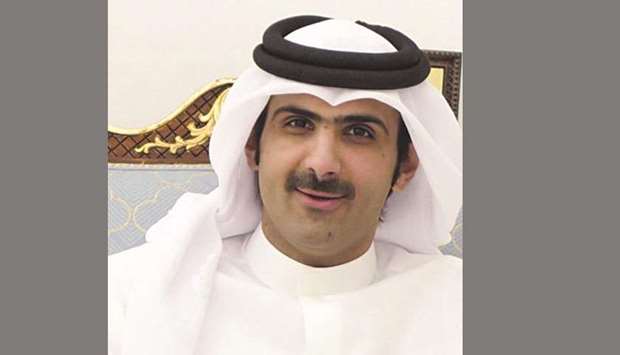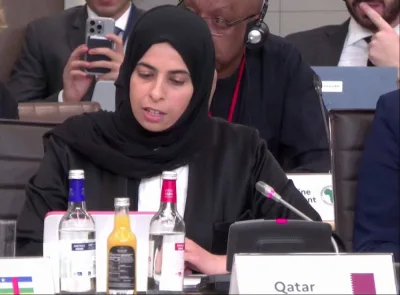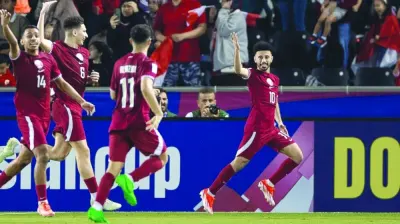Sheikh Abdulrahman bin Hamad al-Thani, CEO of Qatar Media Corporation, has tweeted in honour of his country, hailing the independent decision-making which Doha is flourishing through.
Sheikh Abdulrahman (@ahjh_althani) wrote: “As some think of it, Qatar is geographically a very, very, very small country, but it is an independent state and is not led by outsiders. Also geographically,” he continued “there is a very, very, very big country which is not independent and is being controlled by a very, very, very small emirate”.
Previously, Saudi Crown Prince Mohamed bin Salman described the Gulf crisis as “a very, very, very small problem”. The remark made by the prince caused outrage on social media websites. Users on Twitter, for example, expressed their disdain in words, questioning the cynicism that weakened the social fabric and cohesion between families in the GCC.
As of January 2018, the National Human Rights Committee (NHRC) of Qatar has received around 4,000 human rights violation complaints. The types of violations vary from being physical to psychological.
In a visit from November 17-24, 2017, United Nations’ Office of the High Commissioner for Human Rights (OHCHR) Technical Mission led an investigation into the effects of the blockade on people in Qatar. The findings of the investigation were presented in a report dubbed “On the impact of the Gulf Crisis on human rights”.
In December 14, 2017 and after a visit to Qatar, Amnesty International warned that “the lives of thousands of Gulf residents remain in turmoil as a consequence of the ongoing political dispute in the region”.
On June 5, 2017, neighbouring Saudi Arabia, the UAE, Bahrain and Egypt imposed an illegal siege on Qatar, citing claims and listing neither reasonable, nor realistic demands. Since then, the quartet spared no effort to spread misinformation about Qatar regionally and internationally, resorting to hate-speech while exploiting religion and sports to vainly justify their illegal siege to the world.



